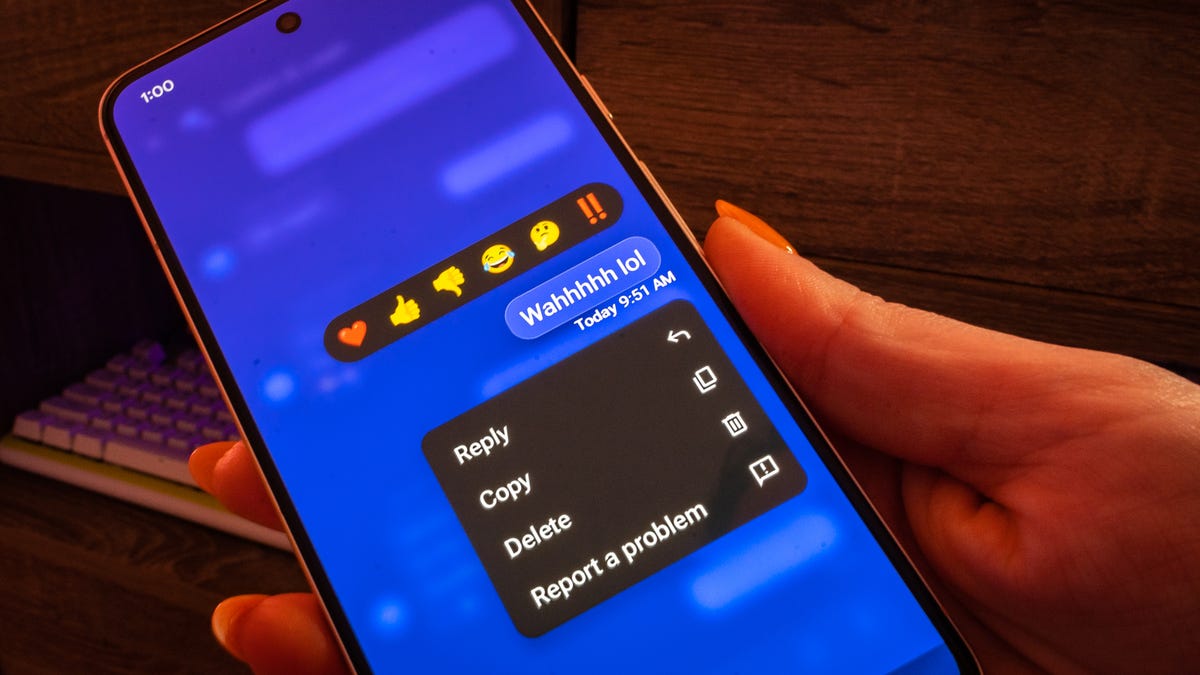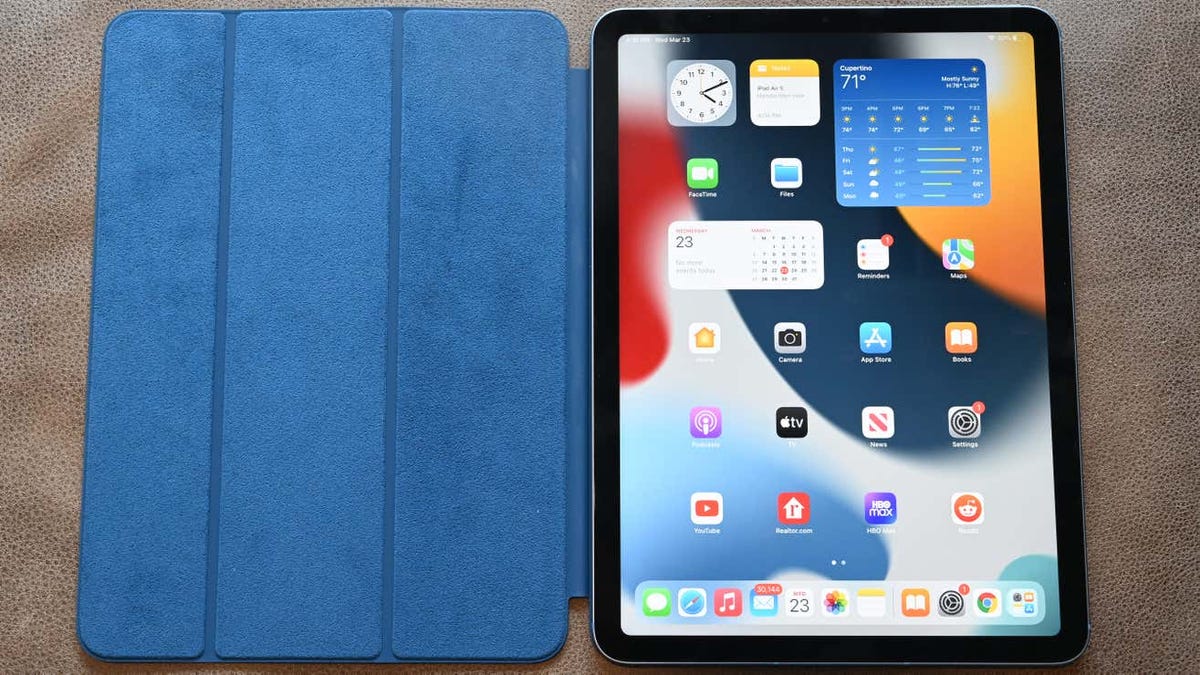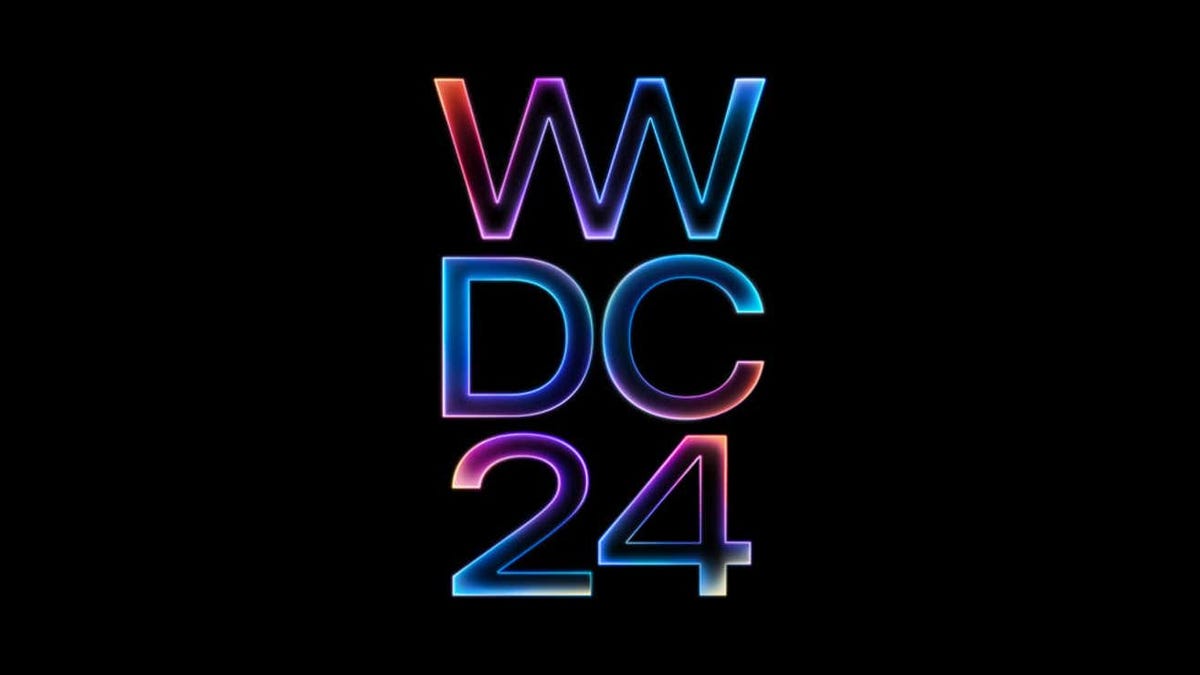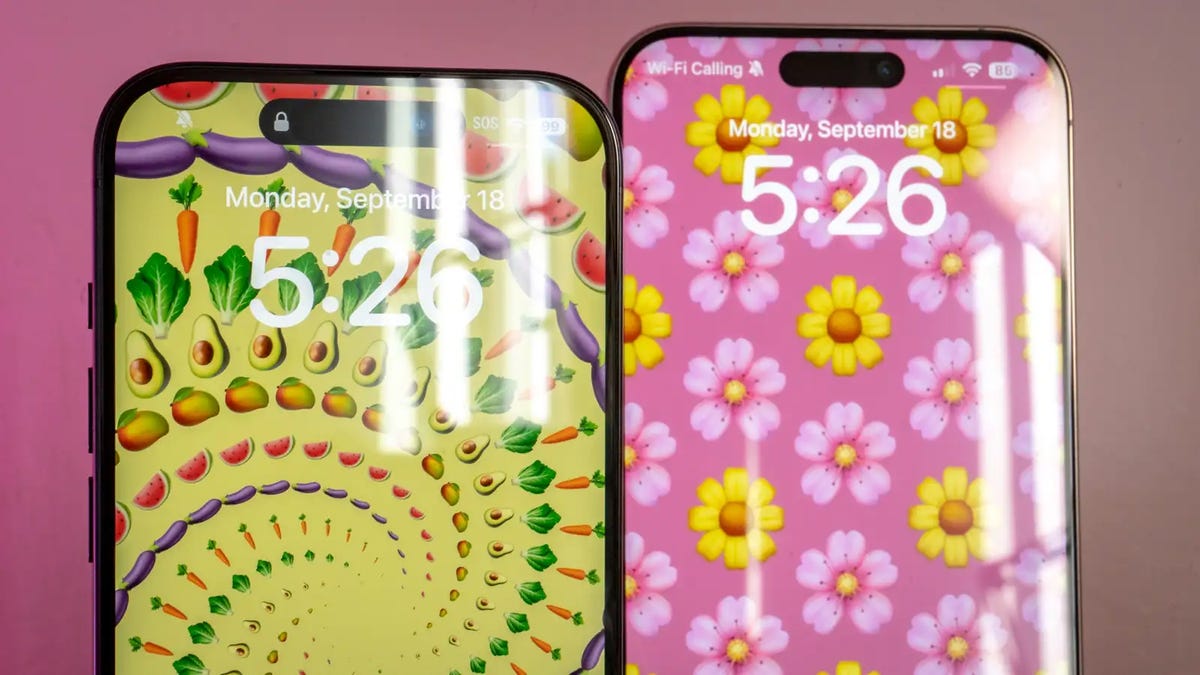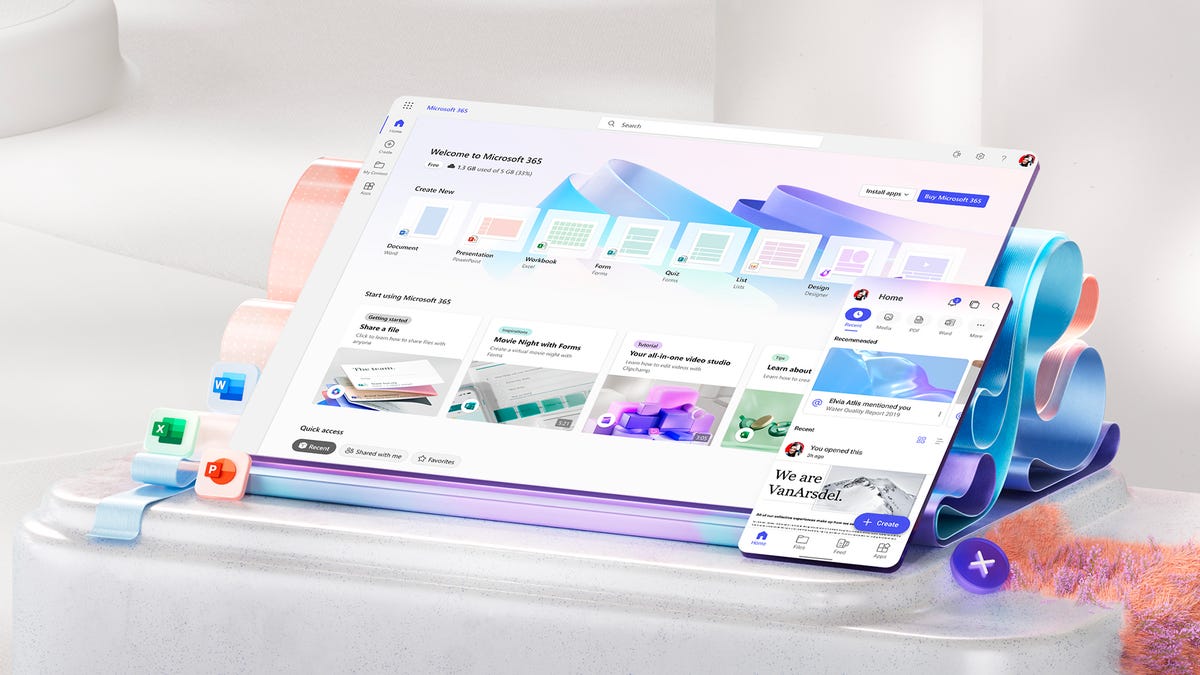Note: As I was getting ready to publish this piece, Beeper’s servers began faltering. TechCrunch reports that Beeper Mini had lost access to Apple’s servers, though I’m still able to send text-based messages with a bit of delay. This piece covers the experience before this breaking news hit. I reached out to Beeper to ask what’s going on and will update you when I hear back.
I have been posing as a blue bubble from my Google Pixel 8 for the past few days. My friends were stunned, thinking I’d suddenly had a change of heart, and switched my main number to the iPhone review unit. Nope. I was spoofing my blue bubble existence using Beeper Mini, an Android app that launched this week to much fanfare.
Beeper Mini almost simplifies it all. The app is a bold start for the beginning of the end of iMessage’s proprietary nature. Even with Apple’s commitment to the bit on the horizon—I have yet to see a press release about it, by the way—it’s exciting to think there will be more ways than one to communicate with the other side of the walled garden. The only drawback is that Beeper Mini does not improve Android users’ experience. It isn’t reducing the reliance on messaging apps, which means I still have a folder of apps I shuffle through to ensure I can get a hold of everyone.
The Best Blue Bubble Solution—so far
Beeper Mini works excellently, though I’m only four days in. The app is not a hack; the developers figured out how to legitimately request authentication from Apple’s servers, which is how Beeper Mini can claim end-to-end encryption. Beeper’s CEO, Eric Migicovsky, and a 16-year-old programmer by the handle of JJTech bridged the gap by reverse-engineering the iMessage protocol. There is concern that Apple could change the way it does tokenization within iMessage, which would disrupt how Beeper Mini works. But that would be a significant undertaking that would also change how the iPhone functions. It’s not something that would happen overnight.
Setting up Beeper Mini is easy: install the app from the Play Store, then fire it up to begin the connection process. You’ll be asked to log in with your Google account and enable systemwide notifications to see when those blue bubbles pop in. As part of the onboarding, Beeper will also ask you to enroll in a one-month trial before charging you $2/month to use the service. Beeper doesn’t offer an annual bulk discount yet, but there’s Reddit talk that’s somewhere in the pipeline.
Although it’s optional, I linked up my existing Apple account to see how Beeper Mini works for someone also actively using iMessage on other devices. I also tested it with the iPhone 15 and iPhone 15 Pro Max.
Once accounts are linked up, Beeper Mini will scan Google Messages and then surface any blue bubble conversations you were having. You’ll have to continue the conversation from there so that it gets registered with the servers. But then it’s instantaneous. You’ll show up blue on the other end, and as long as you keep the thread contained within Beeper Mini, you’ll stay a blue bubble.
Beeper Mini will let you take advantage of iMessage’s features you wouldn’t have access to via Android, including reactions and read receipts. You can also use iOS 16’s editing feature, which I benefitted from the other night when I made a typo in a message to a friend. The best part of Beeper Mini is that it sends and receives high-resolution photos between iMessage users, so I was able to exchange pictures with parents from class without any awkward conversation about why I know so much about messaging siloes.
Beeper Mini feels like a native Android app with iMessage access for the most part, even with its caveats, which I’ll touch upon next. I was struck by how synchronized it was with the iPhone review units scattered around my lab. Message indicators came in simultaneously across the iPhone 15 Pro Max and the Pixel 8. I could even wear the Apple Watch and respond from the iPhone, then see it appear on Beeper Mini on Android. It’s seamless. It’s like they aren’t two competing platforms.
Blue Bubbles With a Catch
Annoyingly, Beeper Mini lacks a nuanced bit of code that lets you reply from a smartwatch or the Android notification shade. It makes it less convenient when trying to respond to a hurried message from an iPhone user attempting to locate you. Chats also aren’t synced between Beeper Mini and Google Messages, which makes floating between the two apps a little perilous. I was accidentally firing off green bubbles from Google Messages when I meant to send it through Beeper Mini. It resulted in a disjointed message thread splayed across two apps.
The iPhone users were fine, however. They were still able to follow the conversation and where we were planning to meet up despite my texting from two different apps. But on my end, I was grumbling the whole way through, wondering what I’d just signed up for.
I’m hesitant to move all my iPhone messengers into Beeper Mini. My family and I use Google Chat to coordinate matters in-house, but we interface with many other iPhone-using parents, teachers, and caregivers. My husband doesn’t have Beeper Mini on his OnePlus device. I hesitate to suggest he adds another app to his repertoire so that we can share high-res photos more easily.
Lastly, there’s the trouble of what happens if you decide you don’t want to be a part of the iMessage ecosystem. If you’ve ever registered a phone number with Apple’s servers, you know what a hassle it can be to switch back to Android. Beeper Mini has an option deep in the settings to de-register your number to get all the messages when you uninstall it, but there’s often a few day’s delay. It’s a reminder of how nascent this is in the first place.
Beeper Mini: It’s Better Than Nothing
Expect to run into bugs and things—there’s an active bug happening right now. Beeper Mini is still very much in its early stages. At the very least, the RCS chats I have going with other Android users remained open and active on the Android side of things. I’m also delighted that, for the first time, all the iPhones in my lab are synced up with the Pixel devices, thanks to the magic of cloud syncing. I can check into Google Messages through the web app on the iPhone and check in with iMessages through Beeper Mini on Android.
Unfortunately, Beeper Mini doesn’t solve my problem of exhaustion from managing different messaging apps. I still rely on that folder of apps, docked on the home screen, to chase after who I’m trying to contact. I suppose it’s the burden of living what was once a very open mobile operating system. But there are Android users out there who haven’t lost the spirit, which is precisely why an app like Beeper Mini exists.


